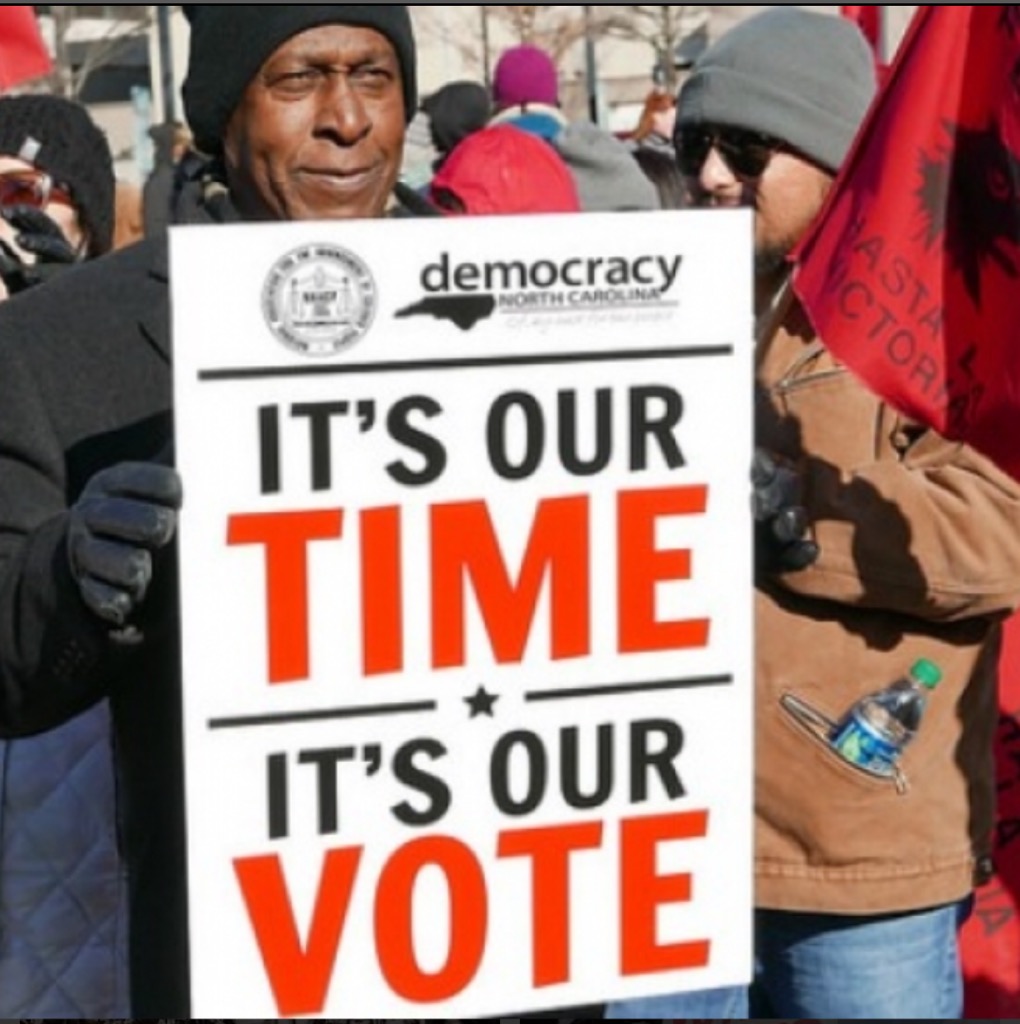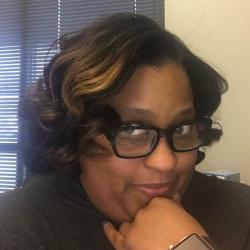Featured
Presidential Debate #10: Time for Black People to Pay Attention

The presidential debate in South Carolina is a big deal, especially for Black voters. This stage is the biggest deal so far because it proceeds primary states, such as South Carolina, North Carolina, Alabama and Virginia – states where the Black vote makes a difference. Tonight, we must listen closely to ensure that we are able to make an informed decision for our community.
No hyperbole is necessary for the 10th debate. It is the last showdown before the South Carolina primary on Feb. 29th. Three days later – on March 3rd, more than one-third of primary voters cast ballots.
Don’t forget that Super Tuesday is primary day for Californians and Texans, the number one and two states in terms of the number of delegates required to win the Democratic nomination. Any candidate, who is leading in delegates now (think Vermont Senator Bernie Sanders) and wins California and Texas, becomes unstoppable.
The same six debaters from fight night in Vegas – Biden, Bloomberg, Buttigieg, Klobuchar, Sanders and Warren – are back. Like Nevada, Bloomberg is not even on the ballot in South Carolina. Between Las Vegas and South Carolina debates, no one dropped out of the race.
In fact, the number of podiums expanded. Billionaire businessman Tom Steyer will join the rematch at the Gaillard Center in Charlestown.
Every single Black voter in the United States of America should watch tonight’s debate. Over 60 percent of primary voters in South Carolina are Black.
Right now, the race is wide open. And results in Iowa, New Hampshire and Nevada are a distant memory. Black voters in South Carolina can change the game by catapulting candidates from the bottom to the top or simply validating the vote in other states.
If ever there is a debate that should focus on top issues for Black communities, this is the one. According to a poll by Essence and Black Women’s Roundtable, the top two priorities are criminal justice/police reform and affordable healthcare. Third place is a tie between a rise in hate crimes/racism and equal rights/equal pay.
Debate moderators have one job: ask voters’ questions. Start with the top priority: criminal justice. What message should a president tell students who have lost faith in the fairness of the criminal justice system? How should a president contribute to police reform in the first 100 days?
A robust conversation about reforming criminal justice should include a discussion about prosecutors and judges. Prosecutors decide everything from who is charged and what is the recommended prison sentence for the judges who make the final call. However, both players are often left out of discussions about reforming the system.
Moderators cannot ignore the role of any the players in the prison pipeline. How should a president encourage prosecutors to join the fight to end mass incarceration? How should a president address Trump’s court-packing with right-wing judges? Do candidates think that the courts should be reformed? Would candidates sign legislation to add TVs to courtrooms? Would candidates consider an 18-year term for Supreme Court judges, rather than lifetime terms? What kind of judicial nominees would candidates consider for the courts? Would candidates consider appointing the first Black woman to the Supreme Court?
Moderators should not exit the stage without asking questions about uniting this country. How would you as president plan to bridge the racial divide? What is your role as president to unite the diversity of this country?
Candidates and moderators may need a reminder of the top issues. The sisterhood can help on social media. Also check out candidate responses to a questionnaire from the Black Women’s Roundtable in partnership with the A. Philip Randolph Institute, Black Voters Matter and the National Council of Negro Women.
Tonight’s debate is a crucial part of informing voters’ decisions.
Holli L. Holliday is a practicing attorney and president of Sisters Lead Sisters Vote, a nonprofit c4 organization for, by and of black women.

-

 Featured10 months ago
Featured10 months agoCalifornia Is the First State to Create A Public Alert for Missing Black Youth
-

 Featured9 months ago
Featured9 months agoAfrican American Leaders Stay the Course Amid Calls for President Biden To Bow Out of Race
-

 Featured10 months ago
Featured10 months agoThe Debate Fallout Lands on Both Candidates
-

 Featured9 months ago
Featured9 months agoPresident Joe Biden Decides to Withdraw from the Presidential Race
-

 Featured9 months ago
Featured9 months agoIn One of His Final Speeches as President, Biden Says It’s Time for ‘Fresh Voices’
-

 Featured9 months ago
Featured9 months agoPresident Joe Biden Describes Shooting of Donald Trump As ‘Sick’









